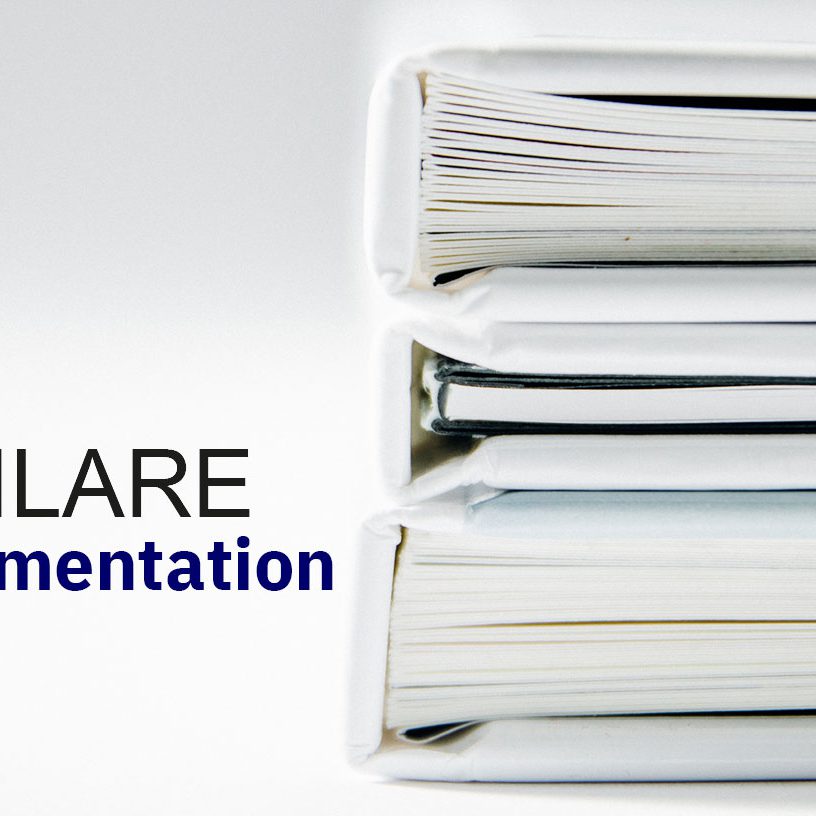Digilare’s (101126503) goal is to provide a comparative analysis of how national industrial relations systems at company/undertaking level respond to the challenges linked to the digital workplace and to digitalisation of employment relationships, with a view to eventually reinforcing industrial relations structures in Europe.
The first ‘coordinate’ to be scrutinized is whether I&C rights also apply to non-standard teleworkers, including crowdworkers. The second ‘coordinate’ deals with the applicable law. Which country’s rules on I&C apply in a cross-border context? In practice, (transnational) companies and workers’ representatives struggle with the applicability of employee representation rules; e.g. on active and passive voting rights. Thirdly, the project looks at the different national approaches to implementing digital representation rights, e.g. the possibility of digital meetings, assuming that the more low-key possibilities of participation exist, the more underrepresented groups, such as women, care-takers or disabled persons would engage in workplace representation. Lastly, participation rights at workplace level as regards transition to a climate neutral economy and protecting human dignity when implementing digital surveillance tools or AI systems will be assessed.
By mapping the applicable rules in the Member States and by identifying best practices, together with social partners, awareness within the relevant stakeholders is increased and guidance on how to interpret existing rules is given.


